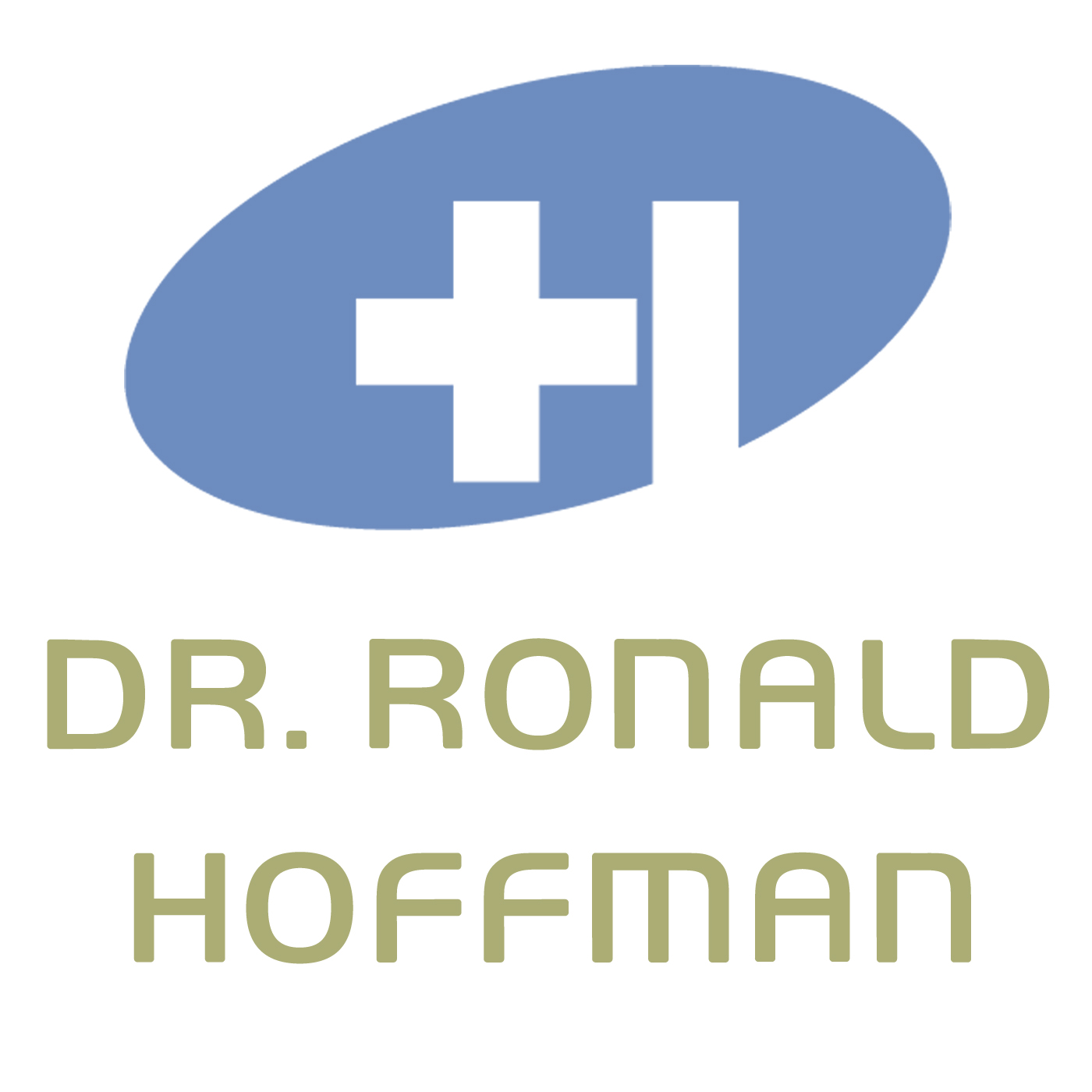| Podcast | |
|---|

|
Intelligent Medicine Radio Show for June 2, Part 2
June 4, 2018
Fast-walking reduces all-cause mortality; Walking benefits augmented if you chew gum; Standing on a vibration platform increases cartilage thickness, augments bone density, balance, improves body composition; Why are mainstream doctors so reluctant to order 5-hour glucose tolerance tests for patients with hypoglycemia symptoms? Should supplements be taken with fat? With food or away from it? A vitamin D expert provides answers; Low levels of vitamin D associated with cognitive decline; Hot flashes may persist well past middle age; What are Holy Basil supplements good for? New blood test may improve on predictive value of PSAs; A call-to-action: Bring back Home Ec classes! Probiotics taken during pregnancy and breast-feeding reduce infant eczema by 70%. Click HERE for part 1. Click HERE for articles and resources relating to this podcast episode.
| Share:
 |
|

|
Leyla Weighs In: How Much is Too Much Vitamin A?
June 1, 2018
Nutritionist Leyla Muedin answers these listener questions: How much vitamin A should I take? Is 5,000 IU enough, or too much?; Do you recommend the consumption of Black Seed Oil? If so, how much should I take?
| Share:
 |
|

|
ENCORE: Innovative Protocols for Cancer, Part 1
May 31, 2018
Long-time colleague of the late Dr. Nicholas Gonzalez, Linda Isaacs MD, describes their innovative protocols for cancer and other challenging medical conditions. Their approach derives from the pioneering work Dr. William Kelly: Metabolic typing, use of pancreatic enzymes, and detoxification via procedures like the coffee enema. It’s radically different from most “standard” alternative cancer paradigms. Different diets—ranging from vegetarian to high-animal fat—are prescribed according to a patient’s constitution and physiological imbalances. What types of patients are suitable for the Gonzalez/isaacs approach? Why is a one-size-fits-all diet approach inappropriate for treating all cancers? Why are supplements highly-individualized for different patients? What’s the rationale behind coffee enemas? What research supports the effectiveness of these methods? What advice does Dr. Isaacs offer to patients confronted with the dilemma of choosing whether to undertake conventional cancer care, or seek alternatives? Does the protocol help resolve other complex medical problems? Click HERE for part 2.
 | Share:
 |
|

|
ENCORE: Innovative Protocols for Cancer, Part 2
Dr. Hoffman continues his conversation with Linda Isaacs, MD, long-time colleague of the late Dr. Nicholas Gonzalez about their innovative protocols for cancer and other challenging medical conditions. Click HERE for part 1.
| Share:
 |
|

|
Q&A with Leyla, Part 1
May 30, 2018
Does intermittent fasting really increase oxidative stress and diabetes risk? Are there any probiotics that promote weight loss? Baking soda: A safe, easy treatment for arthritis? Is there a supplement that can be taken to help with blood sugar spikes while traveling? Click HERE for part 2.
| Share:
 |
|

|
Q&A with Leyla, Part 2
Many claim that mineral supplements aren't absorbed as well as food, is this true? A listener with periodontal disease asks about dental implants? Would a bridge be a better option? What do you think of the "new" DGL supplement called GutGuard? Since the liver absorbs toxins from the body, are beef and chicken livers safe to eat?Click HERE for part 1.
| Share:
 |
|

|
The Third Leading Cause of Death in America: Medical Errors, Part 1
May 29, 2018
“To Err is Human” is the title of a soon-to-be-released documentary by writer/director/producer Mike Eisenberg. Medical mistakes are estimated to cause as many as 440,000 avoidable deaths in the U.S. each year—making them the #3 leading cause of death, trailing heart disease and cancer. How do these errors arise? How can they be prevented? Why is medicine lagging behind the aviation and nuclear industries in addressing avoidable errors? What lessons can be learned from industries that have successfully undertaken accident prevention programs? How can something as simple as routine hand washing by medical personnel reduce unnecessary infections? Why is the current malpractice system an imperfect deterrent to mistakes? Why should doctors be schooled in admitting errors? What role can patients and their advocates play in curbing this epidemic? How can transparency help eliminate errors? Can technology be harnessed to pre-empt procedural lapses? Click HERE for part 2.
 | Share:
 |
|

|
The Third Leading Cause of Death in America: Medical Errors, Part 2
Dr. Hoffman continues his conversation with Mike Eisenberg, writer/director/producer of the film “To Err is Human.” Click HERE for part 1.
| Share:
 |
|

|
ENCORE: Intelligent Medicine Radio Show for May 26, Part 1
May 28, 2018
Drug companies have a problem: Curing patients is bad for business; A caller with PVCs wonders if they may have something to do with her vagus nerve and digestive problems; Is the new shingles vaccine (Shingrix) worth taking? Study concludes it’s nearly impossible to achieve a totally gluten-free diet; Pharma launches new celiac treatment trials; A prebiotic supplement shows promise in alleviating osteoarthritis; Underused coronary artery calcium testing bests stress tests for predicting heart risk. Click HERE for part 2. Click HERE for articles and resources relating to this podcast episode.
| Share:
 |
|

|
ENCORE: Intelligent Medicine Radio Show for May 26, Part 2
A caller with autoimmune hepatitis seeks natural cures; Pasta is “healthy, helps you shed pounds”—but research promoted by the world’s largest spaghetti company to counter low-carb trend; Does a PSA of 17 mean cancer? Despite a recent calcium score of zero, a caller who experienced chest pain shoveling snow reports his doctor thinks he has heart problems—how can that be? Curcumin improves memory and mood; Low vitamin D levels predict diabetes risk; Increased exposure to environmental toxins may contribute to higher diabetes rates in minorities. Click HERE for part 1. Click HERE for articles and resources relating to this podcast episode.
| Share:
 |
|
|




























